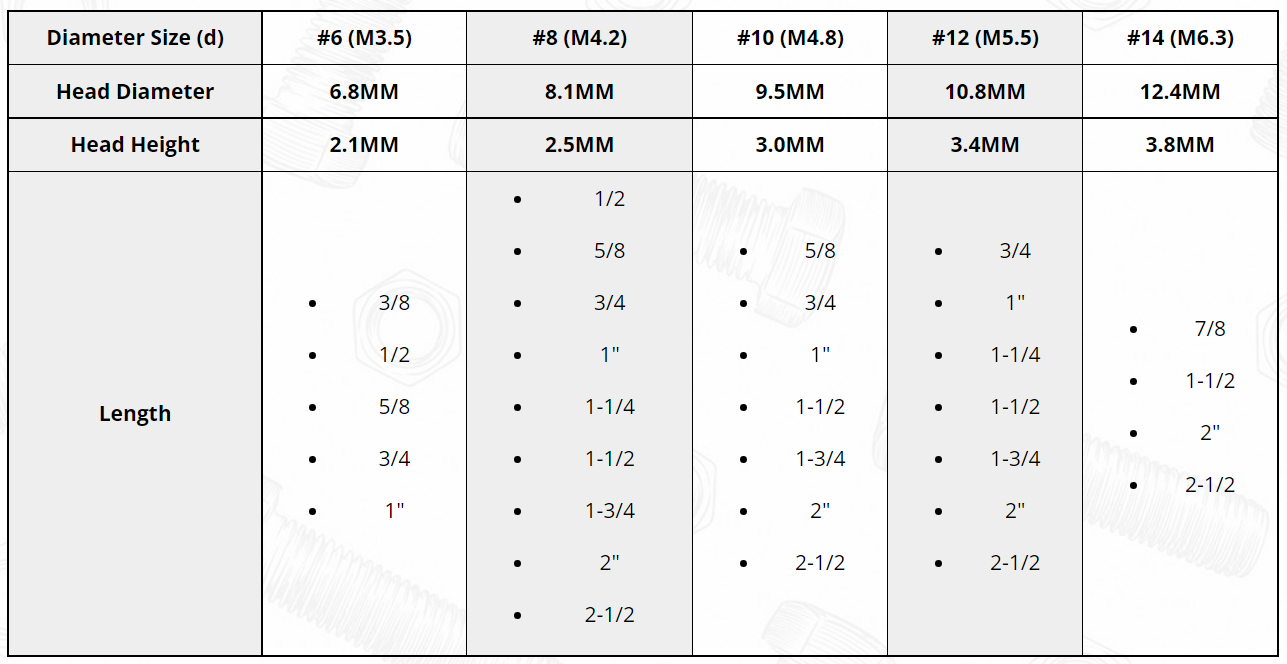Comparing Crush Washers and Flat Washers for Optimal Performance and Reliability
Crush Washers vs. Flat Washers Understanding Their Roles and Services
In the realm of engineering and manufacturing, washers play a vital role in ensuring the integrity and functionality of various assemblies. Two common types of washers are crush washers and flat washers, each serving distinct purposes and applications. Understanding the differences between these two types is crucial for engineers and DIY enthusiasts alike, especially when selecting the appropriate washer for a specific application.
What is a Crush Washer?
A crush washer, often referred to as a sealing washer, is typically made from soft materials such as copper, aluminum, or rubber. Its primary purpose is to create a leak-proof seal in applications involving fluids or gases. When tightened, the crush washer deforms or crushes to fill the uneven surfaces of the interfacing components, thereby preventing leaks. This makes crush washers most commonly found in automotive applications, plumbing, and gas fittings, where a secure seal is essential.
One of the key advantages of crush washers is their ability to handle high-pressure environments. The material used for crush washers can withstand considerable pressure and temperature variations, making them suitable for critical applications. However, it is essential to replace crush washers after each use, as they are designed to be used once. Reusing a crush washer can compromise the seal, leading to potential leaks and failures.
What is a Flat Washer?
In contrast, a flat washer is a disc-shaped piece of hardware primarily made from metal or plastic. Its main function is to distribute the load of a threaded fastener, such as a bolt or screw, over a larger surface area. This helps prevent damage to the material being fastened while also minimizing the risk of loosening due to vibration. Flat washers are widely used in various applications, including construction, automotive, and machinery assembly.
crush washer vs flat washer service

Flat washers come in different sizes and thicknesses, allowing for versatility in their use. They can also be used in combination with other types of washers, such as lock washers, to enhance stability. Unlike crush washers, flat washers can be reused multiple times as long as they remain structurally intact. This makes them a cost-effective choice for many applications.
Choosing the Right Washer
When deciding between crush washers and flat washers, the application requirements must be considered carefully. If the application involves a need for a secure seal to prevent leakage, particularly in fluid or gas systems, a crush washer is the appropriate choice. On the other hand, if the goal is to distribute load or provide a smoother surface against which a fastener can be tightened, a flat washer is the better option.
Furthermore, the materials and environmental conditions should also guide the selection process. For instance, if the application involves exposure to corrosive substances, selecting washers made from materials with high corrosion resistance, such as stainless steel for flat washers or copper for crush washers, would be ideal.
Conclusion
In summary, both crush washers and flat washers are essential components in the world of engineering and manufacturing, each serving unique purposes and applications. While crush washers excel at creating leak-proof seals under pressure, flat washers provide support and load distribution for threaded fasteners. Understanding the distinctions between these two types of washers will help ensure the integrity and efficiency of mechanical assemblies, ultimately leading to safer and more reliable products. Whether you are an engineer, mechanic, or DIY enthusiast, knowing when to use each type can save time, resources, and enhance the overall quality of your projects.
-
Top Choices for Plasterboard FixingNewsDec.26,2024
-
The Versatility of Specialty WashersNewsDec.26,2024
-
Secure Your ProjectsNewsDec.26,2024
-
Essential Screws for Chipboard Flooring ProjectsNewsDec.26,2024
-
Choosing the Right Drywall ScrewsNewsDec.26,2024
-
Black Phosphate Screws for Superior PerformanceNewsDec.26,2024
-
The Versatile Choice of Nylon Flat Washers for Your NeedsNewsDec.18,2024










